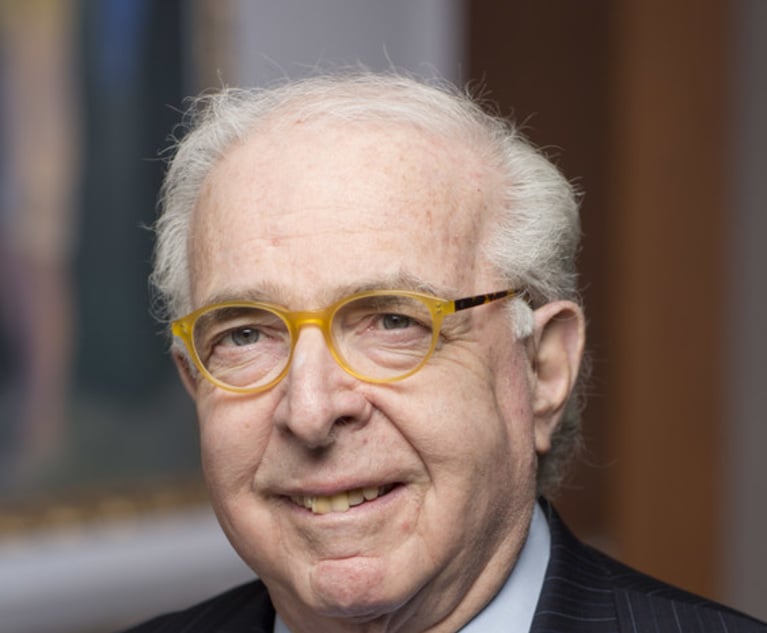 End-of-life planning involves complicated, emotional work that requires reflection on personal values, beliefs, and cultural traditions. Legal professionals can and should play a critical role in this process, encouraging individuals to think about and document their wishes regarding surrogate decision-makers and medical intervention during illness and the dying process. Executed appropriately, these documents are powerful tools to assert autonomy and self-determination, empowering individuals to guide their health care decisions through end of life.
End-of-life planning involves complicated, emotional work that requires reflection on personal values, beliefs, and cultural traditions. Legal professionals can and should play a critical role in this process, encouraging individuals to think about and document their wishes regarding surrogate decision-makers and medical intervention during illness and the dying process. Executed appropriately, these documents are powerful tools to assert autonomy and self-determination, empowering individuals to guide their health care decisions through end of life.
Legal Framework for Surrogate Decision-Making at End of Life
A Health Care Proxy allows the principal to choose a surrogate health care decision-maker. If the principal becomes incapacitated, the named surrogate is empowered to make decisions on their behalf, including execution of a MOLST form, which directs provision of life-sustaining treatment in hospitals and residential health care facilities.






